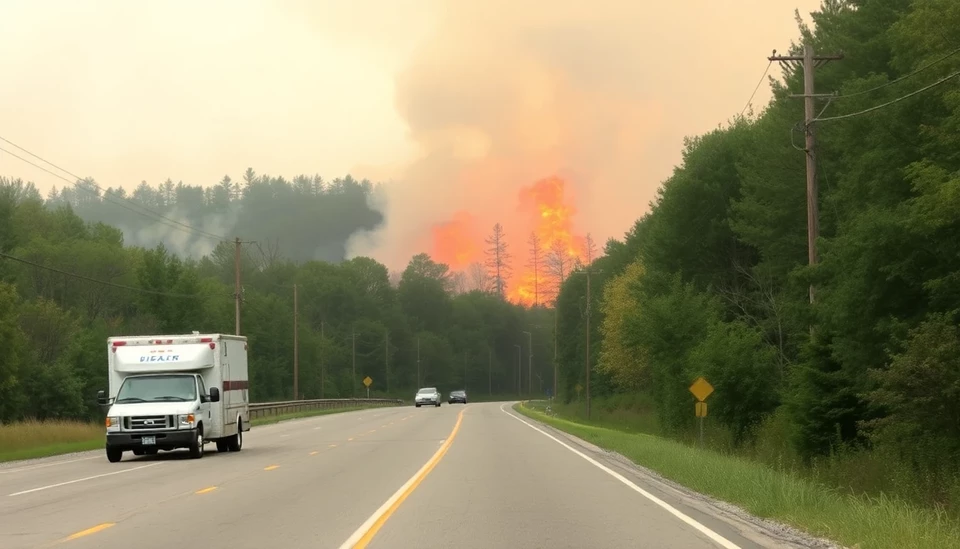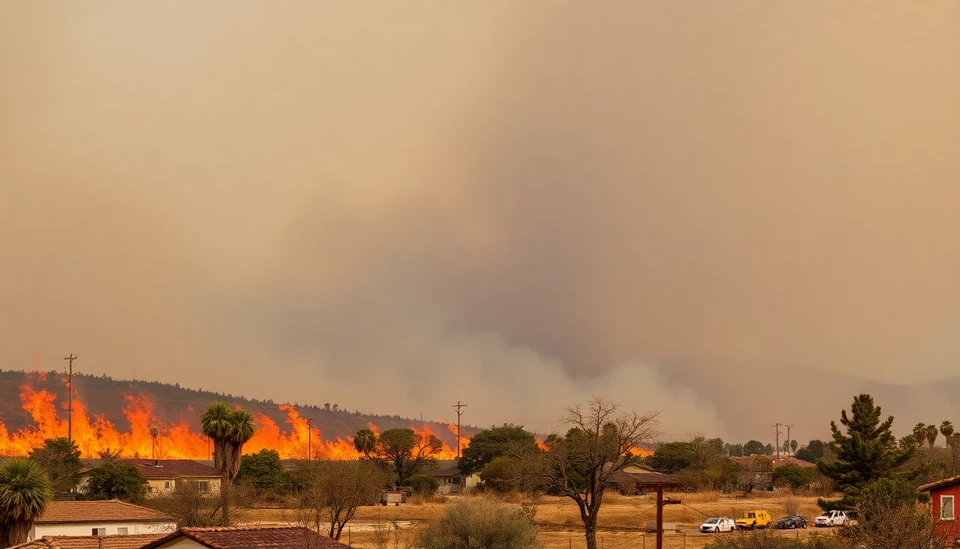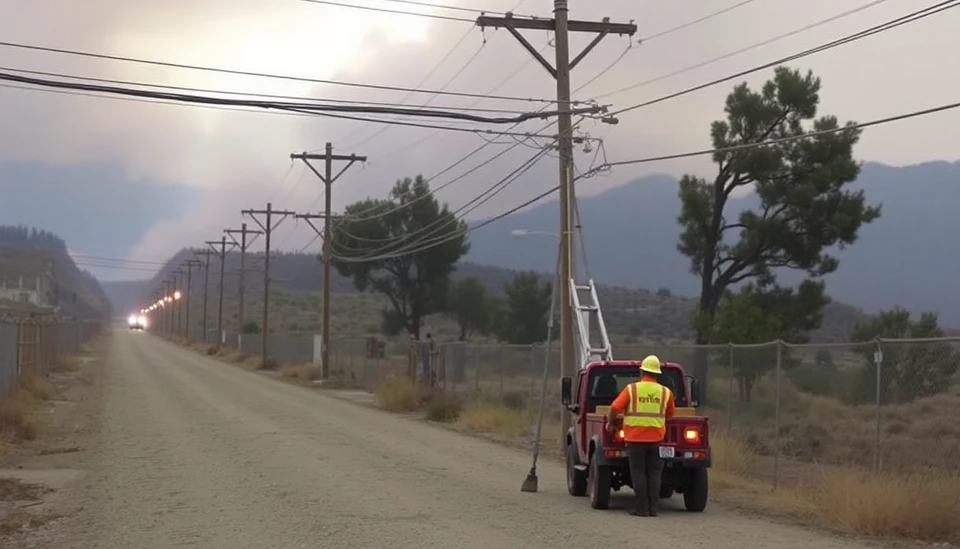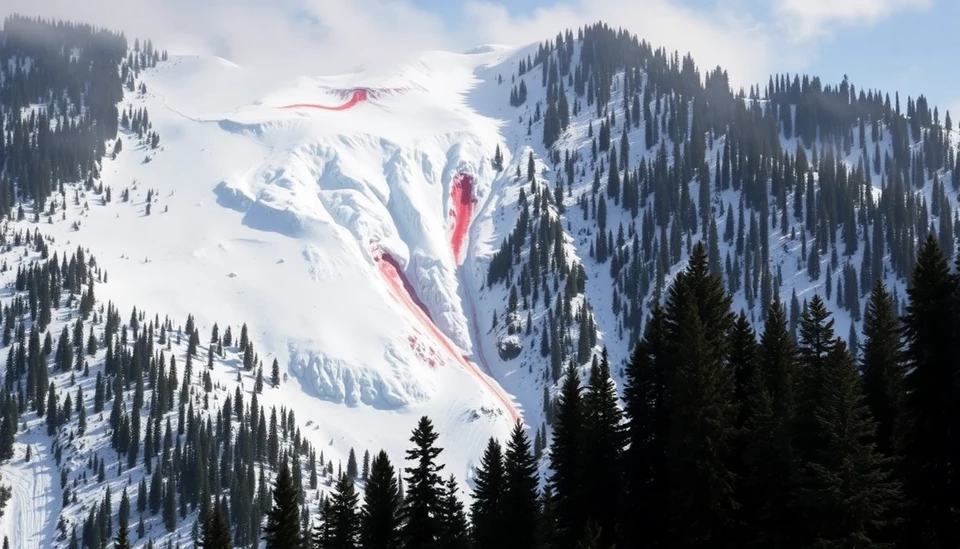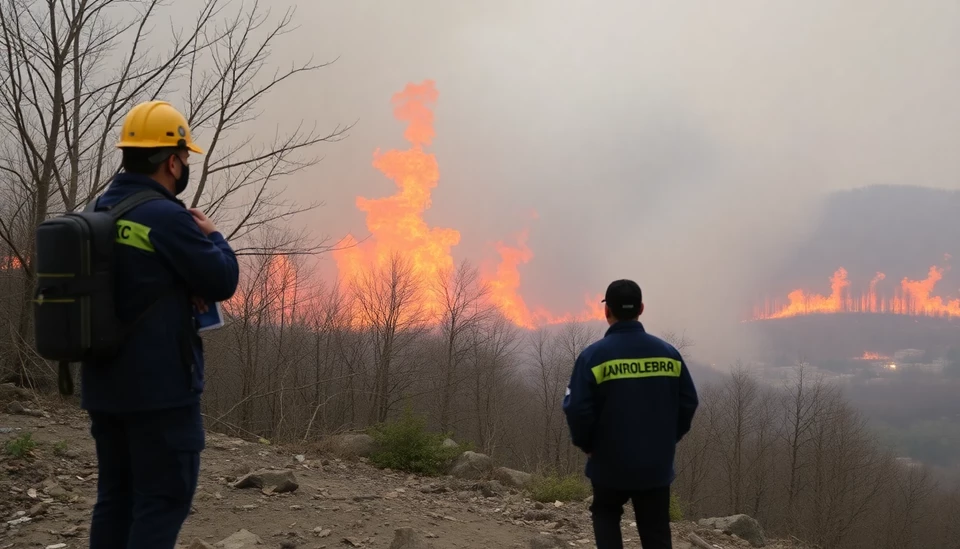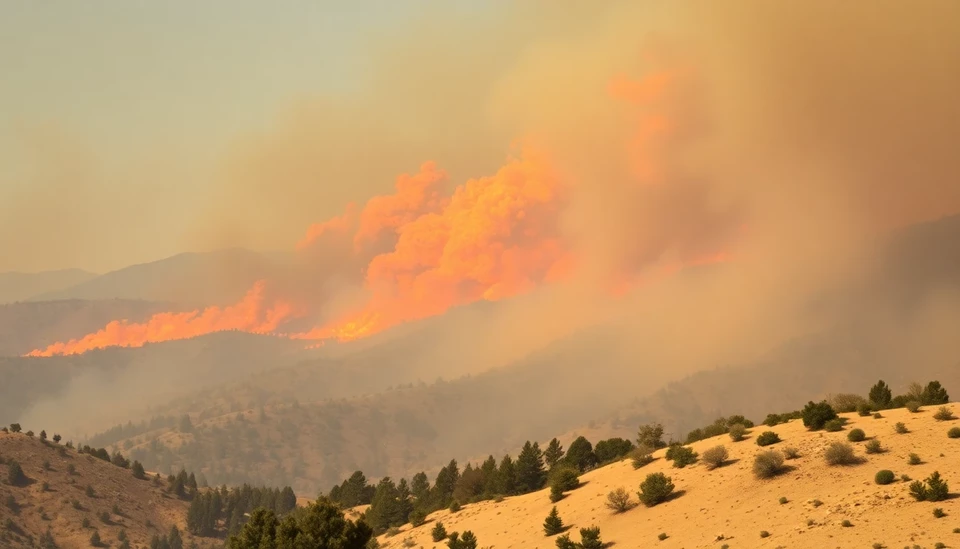
In the wake of devastating wildfires that recently tore through Los Angeles, climate experts are raising alarming concerns about the increasing frequency and intensity of such natural disasters across the United States. The catastrophic fires have prompted urgent discussions about the reality that, increasingly, there may be no truly "safe" locations in the country particularly protected from the impacts of climate change.
The fires, which erupted in January, served as a stark reminder of the growing threats posed by climate change. Although the immediate effects are often localized, the underlying shifts in weather patterns and environmental factors point to a broader trend that worries many scientists and climate advocates alike. Through intensive interviews with leading climate specialists, the reports indicate that virtually every region of the U.S. is at risk of experiencing severe wildfires.
Experts highlight how climate change conditions—characterized by prolonged droughts, scorching temperatures, and erratic weather patterns—have been fueling fire risks in various parts of the country. Regions that were once considered relatively safe from fire threats are now seeing increasing incidents of wildfires, sometimes reaching urban areas and affecting thousands of residents.
Researchers stress that fire seasons have extended, with destructive blazes now burning down homes and endangering livelihoods even in areas that have not historically faced such risks. The implications of this shift extend beyond just immediate loss and destruction; they signal a potential transformation in how communities must prepare for, respond to, and recover from wildfire events. This push will require revisiting urban planning, emergency response systems, and energy policies to mitigate the impact of future fires.
Current forest management practices also came under scrutiny, as experts discussed the inadequacies in addressing the rapidly changing landscape exacerbated by climate conditions. The situation calls for holistic approaches to land management, focusing on preventive measures rather than reactive responses when fires ignite.
While authorities scramble to implement measures aimed at controlling the blazes and protecting human life, their actions also spotlight a grimmer reality – that measures taken today may only be the start of a much longer and involved battle against increasingly aggressive wildfires fueled by climate change.
The discourse among climate scientists is becoming urgent, pushing for national policy reforms that span far beyond local jurisdictions. Measures such as increased funding for firefighting resources, better infrastructure for power lines, and improved community preparedness education are just part of the multi-faceted solutions being proposed.
As the fires in Los Angeles serve as a warning, the time for awareness and action is critical. The narrative that emerges from the ashes carries a vital message: no region can afford complacency in the face of climate change. The way forward demands unity among communities, local governments, and national authorities to address the root causes of climate change and prepare comprehensively for its dire consequences.
Given the unpredictable nature of climate events and their escalating risks, experts contend that individuals and communities must adjust their expectations regarding safety and readiness—not only in California but nationwide.
The notion of a "safe zone" may soon become an anachronism if proactive measures and solutions are not put in place now. A collective response from every sector could pave the way for a safer future, but it will require a commitment to long-term strategies in addressing the overwhelming issues tied to global warming.
The stakes have never been higher, and, as this urgent issue unfolds, it urges every American to reconsider what safety looks like in an era defined by the ever-present reality of climate-induced disasters.
#Wildfires #ClimateChange #LosAngeles #Safety #EnvironmentalImpact #CommunityResilience #ClimateAction
Author: Peter Collins
